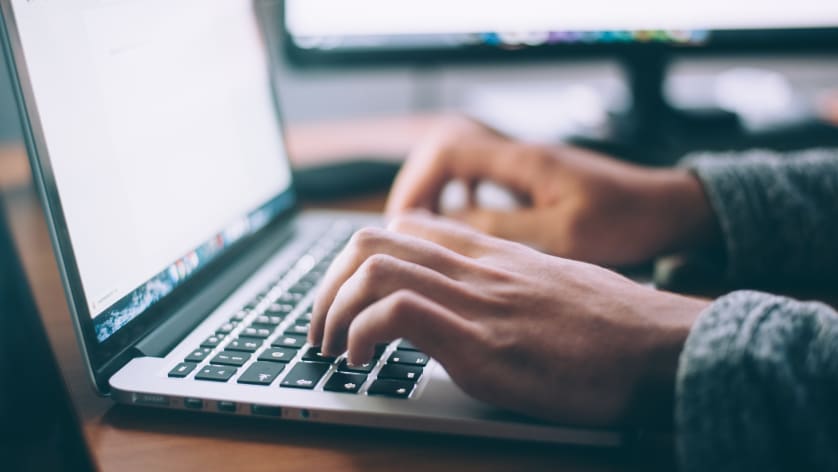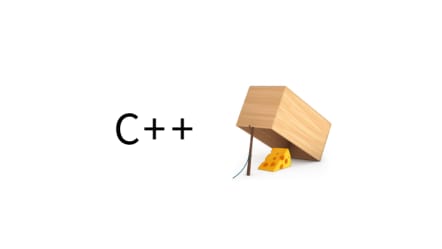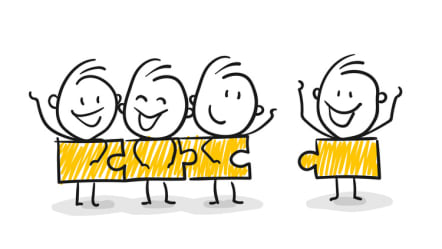Follow-up-Mail after an IT-Job Interview

Making an effort makes all the difference.
Forgetting to write a follow-up Email cost Lily Valentine, a college student, a job at a top accounting firm, as they stopped considering the people who didn't follow up after the hiring process. She has since never forgotten to follow up and is better for it now.
"Sending a thank you note is such an important part of the job search process and i forgot it," said Valentin, head of operations for the job search engine Adzuna. "I was so disappointed when my interviewer told the college counselor that they opted not to move forward because I forgot that critical element. It was such a failure on my part to fully execute on a project."
The follow-up email is an important part of the job consideration process, and this gesture can help you stand out from the competition.
A well-written thank you letter can be the key to getting a job offer. "If it comes to a decision between two applicants, the company will give the job to the person who followed up", said Sara Hutchison, CEO and executive career consultant at Get Your Best Resume.
Mollie Khine, senior director of coaching at Flatiron School, emphasizes the importance of following up after an interview as part of the overall job search process. It's normal to feel nervous before an interview, and the same goes for correspondence leading up to it.
Tips to following up after interviews:
- Within 24 hours, send a thank-you Email
- After a few days of not hearing back, you can send a follow-up Email asking if and when the hiring process will proceed.
- Thank the interviewer for their time, repeat your interests in the position and include details about the before had conversation to seem professional
- Keep it short
- Sound as professional as possible
- Including work samples can be valuable
Writing a Thank-You Email
You can make a great impression by sending a well-written follow-up email! "I love getting emails with content that feels personal and unique," said Dawid Wiacek, career and interview coach and founder of The Career Fixer.
As suggested by the UCLA Career Center, here are some basics to include in your follow-up email.
- Thank the interviewer for their time, reassure them of your interest and show excitement about the position.
- Repeat your skills and valuable assets you can bring to the company.
- Write about something specific you talked about in the interview.
"Tina Hawk, senior vice president of human resources at Inflection, a big data company that helps employers with screening to make better and faster hiring, said that each thank you email should be tailored to the specific interviewer." She added: “Reference specific topics about the interview in the Email, it allows you to highlight your skills in certain parts of the job."
Here are some tips for the Email:
Subject Line:
Keep it simple, like:
“Thanks for the opportunity” or “Thank you for your time”
A simple subject line is your best choice here.
Keep it short:
“Thanking the recruiter for their time, repeating interest and confidence in you ability are the three main things a hiring manager wants to hear", Ravi Raman executive carerr coach for technology leaders recommends.
The vast majority of experts agree that two paragraphs is more than plenty. One paragraph ought to do it, unless the interviewer, for example, left the candidate with a question to take some time to think about and come back to.
But not too short:
Giving the recipient the feeling like you haven't invested any time in the thank-you Email is almost as bad as not sending one at all. Single sentence follow-ups are a nightmare for every hiring manager.
Again, repeating an interest discussed in the interview is a perfect way to fill the follow-up and reassure the interviewer of your professionalism.
It is beneficial to study the company's language nuances in order to communicate more effectively and adjust your writing accordingly. Information can be found on the website or taken from the interview.
Avoid spelling mistakes:
Check every word. Grammar or spelling mistakes can cost you your credibility and professionalism. Proofread your Emails at least twice and don't rely on your softwares spell-check. Also check the spelling of all names involved, as well as wording about company specific terms. Another prominent mistake is using the wrong address for the wrong company. For example, when you are currently in the process of interviewing for multiple firms, keep in mind to match the right Email address to the right contents talked about in the interview. Sending a wrong Email can cost you the entire job possibility.
No software can catch that mistake, so keep it in mind.
Be professional:
Even if you know that the company you are applying to has a casual dresscode, you should still arrive there in a professional attire. Wearing a suit to an interview is still expected usually. Don't arrive there in jeans and a T-Shirt, even though that can easily be the way the office dresses.
You want to come across as professional, and it is way worse to underdress at an interview than overdress.
Matching the tone is okay, but do not get carried away.
In the Emails, use punctuation and capitalization, even if the other party does not.
Ending your Email:
Thanking them for their time is a good option. Saying that you're looking forward to hearing from them soon is a winner as well. Also, welcoming additional questions exclaims excitement.
By expressing your appreciation and calling out next steps, you can close the email on a positive note. For example, if they mentioned you are moving forward in the interview process, let them know when you are available for the next interview,” said Lauren Stempel, vice president of recruiting, West, at Betts, a recruiting technology and services firm for revenue-generating roles.
Don't forget to link your LinkedIn profile in your signature!
Exclamation points!
The exclamation point is the source of business email anxiety. No employer keeps a running spreadsheet of punctuation choices among candidates, but too many exclamation marks could ruin your chances, so use them sparingly.
"When it comes to professional email correspondence, it's always best to use a limited number of exclamation points." - Khine
Make sure your subject lines are relevant to the email content and don't seem too eager.
Correct yourself sometimes:
It is generally best to resist the temptation to use interview follow-up correspondence as a means of correcting what is known as l’esprit de l’escalier, or "staircase wit."
However, there are times when correcting yourself makes sense, such as in a technical interview where demonstrating applied knowledge after making a mistake might help you make up for lost points, Khine said.
Research your error and write up the correct code snippets. Posting it to a blog and including a link in the follow-up email will show initiative, an eagerness to learn new material, and a willingness to own mistakes. This will underscore that your interest in the role is serious.
If there was something crucial that you forgot to mention during the interview, the follow-up email can be an opportunity to share that information.
"It is important to always follow up, be prompt, and assume the best - even if you feel as though you did not do well," said Raman, who has helped clients land positions at companies such as DropBox, Redfin, and eBay.














